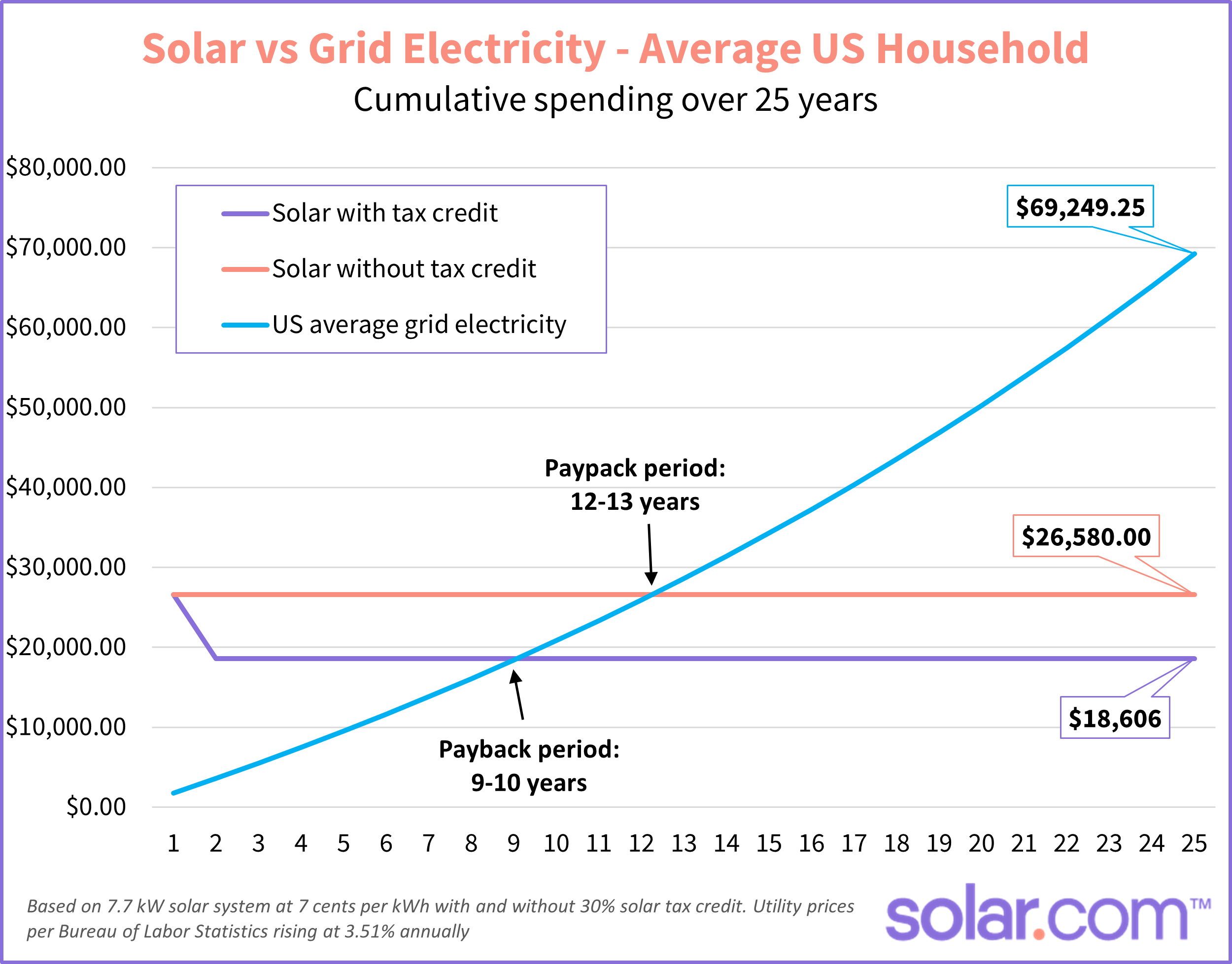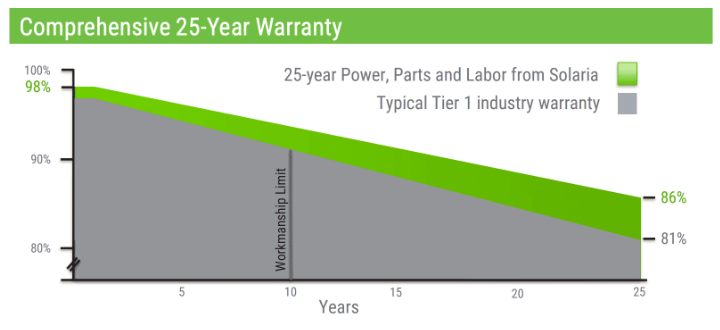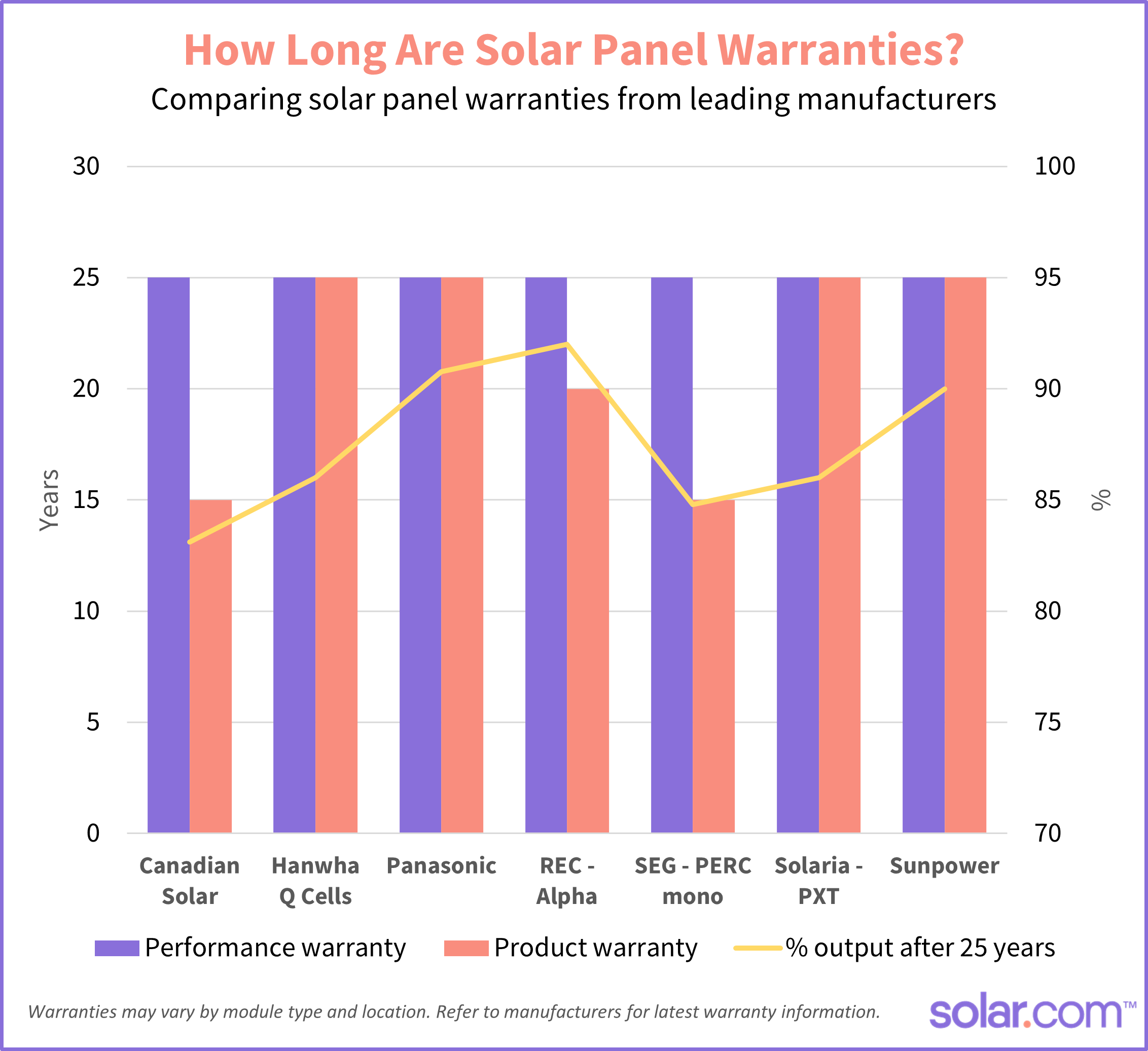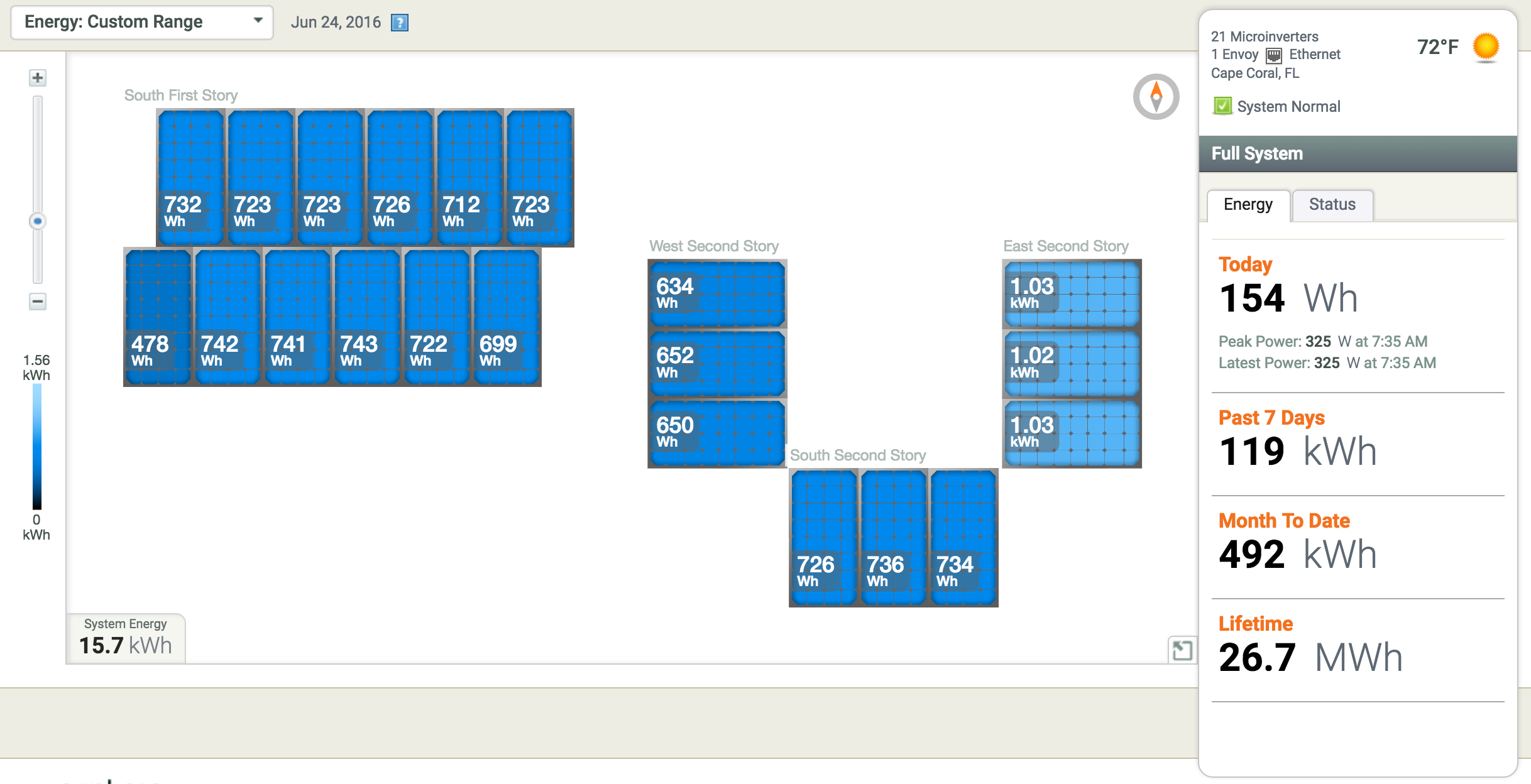
With energy prices soaring, residential solar is becoming a meaningful cost-savings measure for more and more households. Still, there are plenty of people that don’t want to buy solar panels for one reason or another.
A few of these people expressed their reservations about going solar on the Reddit forum r/solar when asked “What turns people off on the idea of switching to solar?”
We rounded up some of the most insightful responses and distilled them into the top 5 reasons people don’t want to buy solar panels. We hope this gives you a better sense of the real and imaginary hurdles that homeowner faces when going solar, and how they overcome them.
Posts have been edited for grammar and brevity.
Related reading: Solar Panel Cost: 3 Ways to Calculate The Cost of Going Solar
Reason #1: Solar scams and pushy sales tactics
Perhaps the top reason Reddit users don’t want to buy solar panels is because of bad experiences with solar scams and pushy salespeople.
u/Lovesolarthings said: The bad apples (with lies, poor service, high prices, poor equipment, etc) that poison the good experiences that a good consultant with a good company can create.
u/caren128 had a similar concern: The door to door sales reps and tactics. The pressure to buy asap is the highest turn off.
We’ll be the first to admit that the solar industry has long been tainted with scams, pushy sales tactics, and shoddy practices. In fact, solar.com’s parent company, Electrum, was founded to combat this blight.
But as the old saying goes “Don’t throw the baby out with the bath water.” For every scam and pushy sales person there is an honest, experienced local installer ready to help you meet your energy goals.
Reason #2: Lingering misconceptions about the solar industry
Another reason people don’t buy solar panels is because they’re stuck on a misconception about the solar industry, like that solar is expensive or short-lived.
u/Jm11890 said: I’ve worked in the industry for 7 years now. Biggest thing is perception of what (customers) are told from close friends or family. Bad experiences they have had and misconceptions like solar is expensive.
u/Tutorbin76 added: The initial outlay and long payback time. And misinformation about lifetime. Some people think they need replacing after 10 or so years.
These misconceptions are a lot like high school gossip. They may begin with a shred of truth, but they tend to snowball into something juicier and less truthful as they spread. And even though there are thousands of successful solar installations in the US every day, the juicy disaster story is the one that spreads like wildfire.
In their wake, misconceptions leave a trail of homeowners that don’t want to buy solar panels because of some fluffed-up anecdote, even though they could benefit from the energy savings of going solar.
Related reading: The Pros and Cons of Going Solar
Reason #3: Change is hard
Change is hard on its own. It’s even harder when the new entity (solar) is complex and muddied with scams and misconceptions.
u/theHoustonSolarGuy said: Change. It is much easier to not change than to take action. There has to be a motivation for change, usually to avoid the pain of inflation, high electric bills, and blackouts. Very few are motivated by ecological reasons, or even the Federal Investment Tax Credit (FITC).
u/Jagster_rogue added: The idea of the unknown boogeyman… My dad can’t even figure out his smart phone to install an app let alone wrap his head around the cost/use benefit of a system he does not understand. He would be a perfect candidate; he just does not understand his benefit.
So it seems people don’t buy solar panels for the same reason they don’t improve their diet: It’s hard to change course after decades of doing something the same way, even if the benefits are apparent.
All we can say to that is if you don’t like change, you definitely won’t like what utility electricity prices are doing…
Reason #4: Market and location-based barriers
Another reason people don’t buy solar panels is because it doesn’t make sense based on their utility market or location.
u/Jm11890 said: Solar is market specific. Everyone thinks that it doesn’t work because it might not be great based on their market situation with incentives. Also might not be good due to home location with shading.
u/newtoadoption33 added: My experience is that traditional power companies continue to place barriers to moving to solar. Our local electricity member cooperative (EMC) just invalidated all net metering contracts… The same people that run our local EMC have been elected to our Board of Education and have enacted a local policy that you must have a “normal” power bill. Their reasoning is that the school district gets part of the sales tax revenue from the purchase of power and solar robs them of needed tax revenue.
Going solar offers the greatest return on investment in utility markets that have:
- High electricity prices
- Favorable net metering policies
- Local solar incentives
The cold hard truth is that some markets don’t have any of these, which reduces the financial incentive of going solar. However, there are still environmental benefits to going solar that make it worthwhile for many homeowners.
Reason #5: The cost of going solar
Finally, perhaps the top reason people don’t buy solar panels: The cost.
u/Adapting_Deeply_9393 said: Most people are preoccupied by trying to figure out how to feed their families and how much medicine they can afford while paying their rent on time.
u/PiermontVillage didn’t mince words: The upfront costs.
There are two sides to this story:
Like any investment, going solar costs money – typically $10,000 to $30,000 – and anyone trying to sell you “free solar” should be thoroughly questioned. Unfortunately, there are households that can’t afford to pay for solar panels, either with cash or through monthly payments on a solar loan.
However, for most homeowners, going solar is nowhere near as expensive as sticking with grid electricity for 25 years. In October 2022, the average price for electricity in the US was 16.6 cents per kilowatt hour, while the average price for solar.com customers is around 7 cents per kWh, after the 30% federal tax credit is applied.

The bottom line
There are a handful of common reasons people don’t want to buy solar panels. While some of these hurdles are very real, others are born out of lingering and exaggerated misconceptions about the solar industry.
It’s okay to be skeptical about going solar. But we encourage you to run your concerns by an expert Energy Advisor and have them walk you through real-life scenarios for your system.







